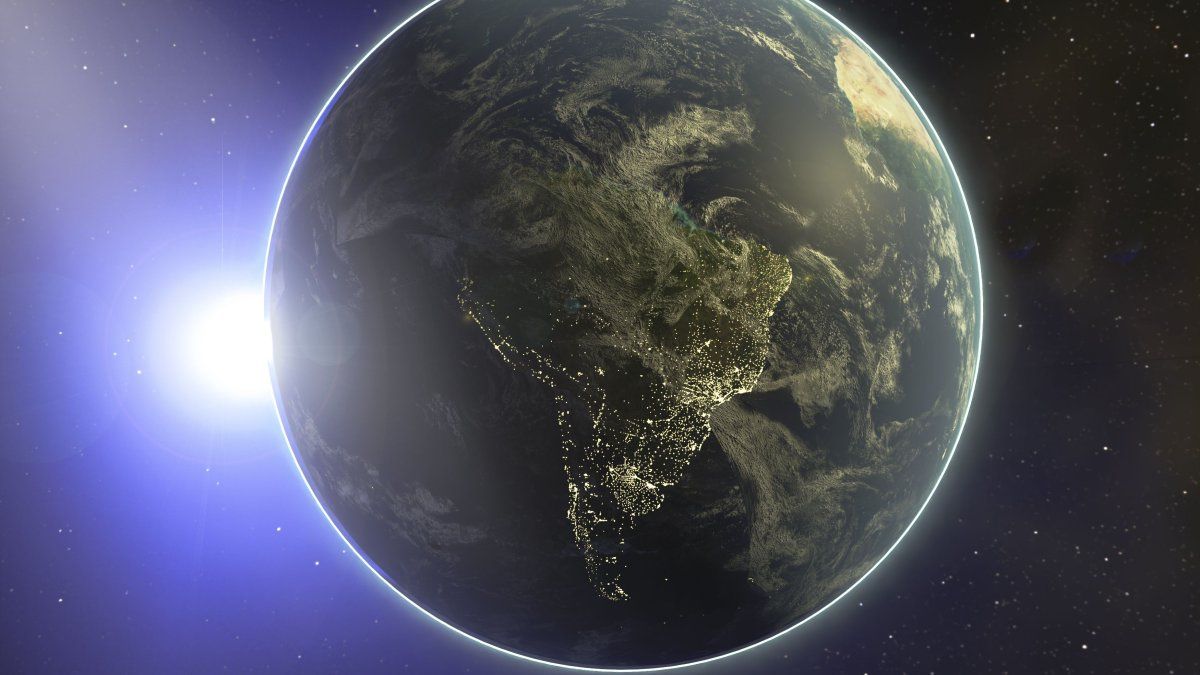The head of the UN, António Guterres, asked humanity to get out of the “existential crisis” that is leading it to destroy naturewhile the heads of state and ministers of the world meet in the Colombian city of Cali to unblock negotiations at COP16.
“Every minute, we dump a garbage truck of plastic waste into our oceans, rivers and lakes. Make no mistake. This is what an existential crisis looks like,” Guterres told hundreds of delegates at the most attended summit in history.
COP16, the largest United Nations summit on this topic, seeks to establish mechanisms to finance and monitor compliance with the 23 natural conservation goals set in Canada two years ago.
Under the motto “Peace with Nature” and in the Colombian capital of salsa, the 196 countries of the Convention on Biological Diversity (CBD) have not yet reached agreements on how to finance these objectives, put 30% of the planet under minimum protection, halve the risks of pesticides and the introduction of invasive species and share the profits from genetic information extracted from plants and animals – for medicinal use, for example – with the communities from which they come.
Time is short. The summit ends on Friday and there are only five years left to achieve the 23 goals agreed upon in the last edition, including declaring 30% of the seas, soils and bodies of fresh water as protected areas between now and 2030.
“No country, rich or poor, is immune to the devastation caused by climate change, biodiversity loss, land degradation and pollution,” Guterres continued.
The COP brings together heads of state from Colombia, Ecuador, Armenia, Guinea-Bissau, Haiti and Suriname, as well as 115 ministers and 44 vice ministers.
Colombian President Gustavo Petro welcomed delegates to “the biodiversity capital of the world” before a 45-minute speech featuring anti-capillary and anti-fossil fuel barbs.
Worldwide, only 17.6% of the territory and 8.4% of the oceans and coasts are protectedseveral environmental organizations noted on Monday in a report titled Protected Planet.
“To achieve the goals, a land area almost the size of Brazil and a marine area larger than the Indian Ocean must be delimited by 2030,” the authors emphasized.
For its part, the International Union for Conservation of Nature (IUCN) reported that more than a third of tree species are at risk of extinction worldwide, including varieties crucial for obtaining firewood, fuel, food and medicine.
Of the 166,061 plant and animal species evaluated by the organization, some 46,000 are at risk of extinction.
“What we are experiencing is worse than the apocalypse,” Petro warned in a speech that received applause from part of the room.
COP16 has had a record attendance of 23,000 delegates and 1,200 journalists, according to the organizers.
The “Green Zone” has also been very busy, a space in the center of Colombia’s third largest city with cultural activities and commercial exhibitions where thousands of residents and activists gather. Negotiations, however, occur behind closed doors in the so-called “Blue Zone.”
“Biodiversity is an ally of humanity. We must go from plundering it to preserving it,” cried the UN chief.
“We have already achieved a first objective, which was to raise the political profile of the biodiversity COP” and put it at the level of the summits on the climate crisis, the president of the event, Susana Muhamad, Colombia’s Minister of the Environment, told AFP.
However, he warned that the Global Biodiversity Framework Fund (GBFF), agreed at COP15, although “operational”, “needs more financing.”
So far, countries have committed to contributing some $400 million to the fund intended to implement the Kunming-Montreal agreement, which at COP15 established a roadmap to stop the destruction of nature.
The figure includes 163 million that Germany, Austria, Denmark, France, Norway, New Zealand, the United Kingdom and the Canadian province of Quebec committed to contributing on Monday.
But the pact establishes that countries must mobilize at least $200 billion a year to protect biodiversity between now and 2030, including $20 billion annually that rich countries should disburse from 2025 to help others.
Source: Ambito
David William is a talented author who has made a name for himself in the world of writing. He is a professional author who writes on a wide range of topics, from general interest to opinion news. David is currently working as a writer at 24 hours worlds where he brings his unique perspective and in-depth research to his articles, making them both informative and engaging.




